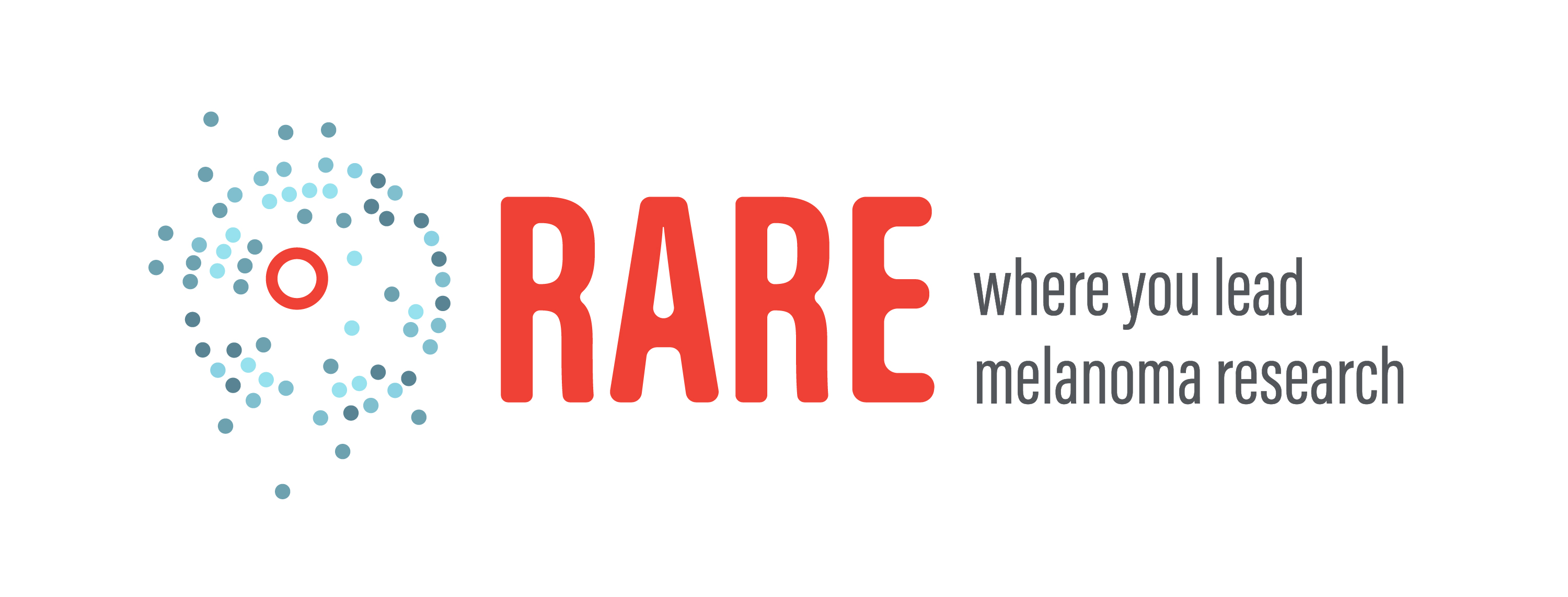The idea for the RARE Registry originated from and is driven by patient advocates. The following are key tenets developed by the patient advocate advisors involved in the registry's development and management.
Core Tenets for the RARE Registry:
- Long-term study that follows patients with acral and mucosal melanomas for at least 5-10 years
- Registry will be primarily prospective, however certain elements than can be capture recent data retrospectively by caregivers, will be included where feasible
- Registry will be multi-national, available both in the United States and internationally, given the rarity of the acral and mucosal melanoma subtypes
- Data/registry must be institution neutral (not tied to a single academic institution)
- Data must be interoperable and sharable between researchers at different academic/medical institutions
- Registry will provide insight in how health disparities in the populations affected by acral and mucosal melanomas contribute to diagnosis and treatment timing and outcomes
- Utilize registry data to increase awareness and education to providers, the public, and patients to improve diagnosis; especially providers at community clinics as they may be less knowledgeable about acral and mucosal melanomas, compared to providers at large academic medical centers
- Inform clear diagnosis pathways/treatments moving forward
- Understanding the long-term efficacy and side effects of immunotherapy in patients with acral and mucosal melanomas
- Involve an overarching medical committee with experience treating patients with acral and mucosal melanomas
- Patient advocates will have positions on the committee to oversee the registry
